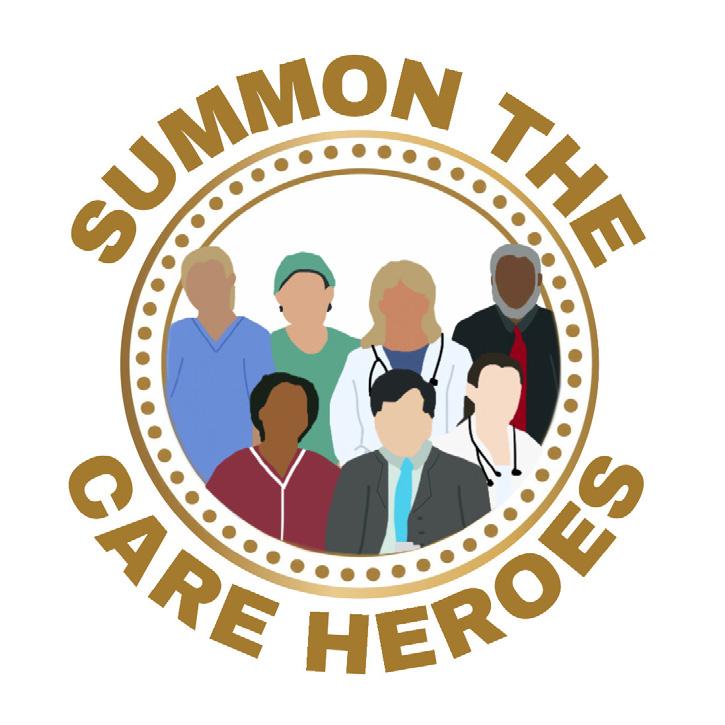THE LOOP
The impact of gratitude in the workplace A recent survey by the NHS Confederation stated that 9 out of 10 members were concerned about the long-term impact of COVID-19 on their staff’s wellbeing. While according to the Care Workers Charity, 51% of social care workers have considered leaving their role in the past three years because of the effect of the job on their mental health. These are worrying statistics. It's no secret that being praised makes us feel good and increases feelings of self-esteem and wellbeing. This positive effect, however, is relatively short-lived, and for praise to have a long-lasting impact on staff wellbeing, it needs to be given regularly: “Recognition is a short-term need that has to be 0016
satisfied on an ongoing basis". Workplaces where thanking is prevalent, result in a number of benefits: • Enhanced well-being. Staff feel more valued, have greater optimism and increased energy levels. • Better stress management. Staff become more resilient which is critical in challenging times such as now. • Improved job satisfaction. Staff are more motivated when they feel appreciated. • Improved patient experience. Staff are better equipped to give patients the care they need. We’re seeing this in a number of TAP’s healthcare organisations for example United Lincolnshire Hospitals NHS Trust












